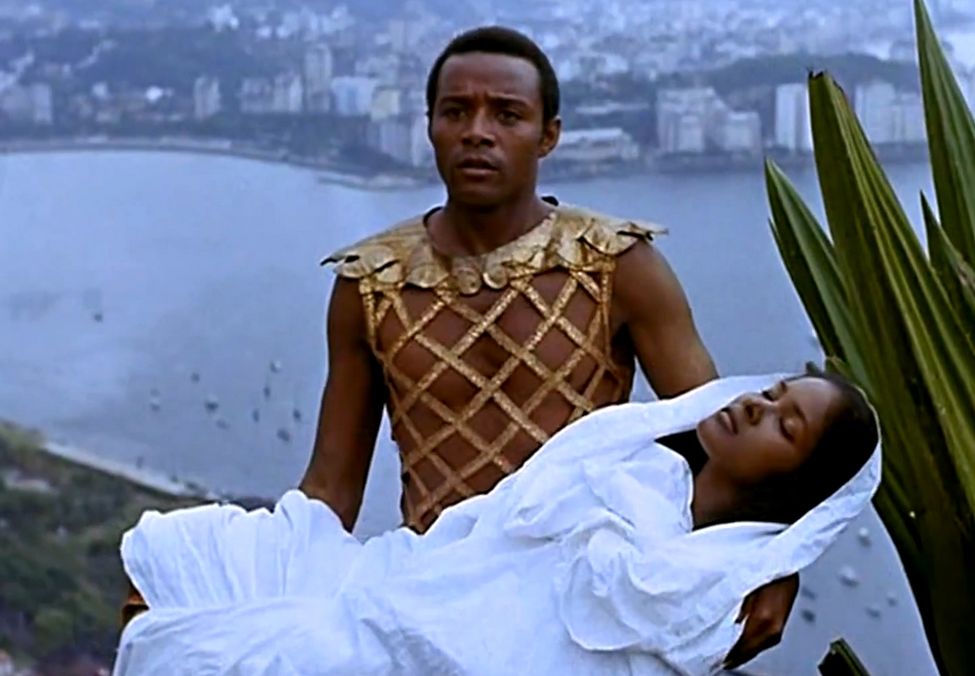Therapeutic music is an art based on the science of sound. It is typically live acoustic music, played or sung, specifically tailored for a person’s immediate needs. During this pandemic, though my work as a musician has been severely limited in-person, Harp Escape online has blossomed.
Harp Escape
I have created Harp Escape videos (on YouTube) and audio (made available to Patreon supporters) with the major goal of decreasing stress for my listeners in mind. Benefits of soothing music are many, like allowing the body to relax, unwinding tension, and anxiety relief. Music can also and aid in the healing process. Perhaps one of the most fascinating things I have found in studying music for therapeutic purposes, is that it encourages a listener’s breath to deepen and slow. This relaxation has a domino effect and does several things to benefit our body like:
- increases oxygen flow to the brain
- balances hormones
- balances neuropeptides
- balances other regulating systems like nervous, endocrine, and respiratory systems
- encourages deeper sleep

Black Orpheus
Volume 5 of Harp Escape features the song Black Orpheus, the title track from the 1959 movie directed by Marcel Camus. The entire film is a backdrop Carnival season in Brazil and features bossa nova by Luiz Bonfá and Antonio Carlos Jobim. Black Orpheus is a modern retelling of the story of Orpheus (Greek god of music) and his love, Erydice.
Orpheus plays music for everyone and is a great source of inspiration to musicians. When he falls in love with Eurydice, she becomes his whole world. One day, she is walking alone in a field. She gets bitten on the ankle by a snake. It poisons her and she dies. The god of music is so heart-stricken, that he stops playing music. All mortal music ends.
The people implore Orpheus to play music again, for they are now miserable without singing and dancing. So, Orpheus goes into the Underworld to find Eurydice. He begs the god of the Underworld to give her another chance, and persuades him. Eurydice may return under one condition: that as she walks back up to the light of Earth, Orpheus does not turn around and look back at her. He must wait until they return to the land of the living, before he can look at his beloved.
Orpheus takes Eurydice’s hand and leads her toward the light, not turning around. They walk into the darkness, like a tunnel. It is black like the deepest night, when her foot kicks a rock and she falters for a moment. By instinct, Orpheus momentarily forgets his instructions, and he turns around without thinking. He looks at her. She sees his look of terror as she is suddenly sucked back into the depths forever.
Black Orpheus Orfue Negro 1959 Trailer
The story of Orpheus and Eurydice is an inspiration to me in that all of us make mistakes, and all of us have the capacity to be fueled by strong love.
All Harp Escape audio and video recordings are played at a soothing tempo between 60-80 beats per minutes (which is heart-rate tempo). I have been adapting all manner of genres to these pieces – from Celtic and classical, to rock songs and original compositions. I miss the way I can respond in real time to listener feedback; however, music’s healing value is still intrinsic, even virtually.